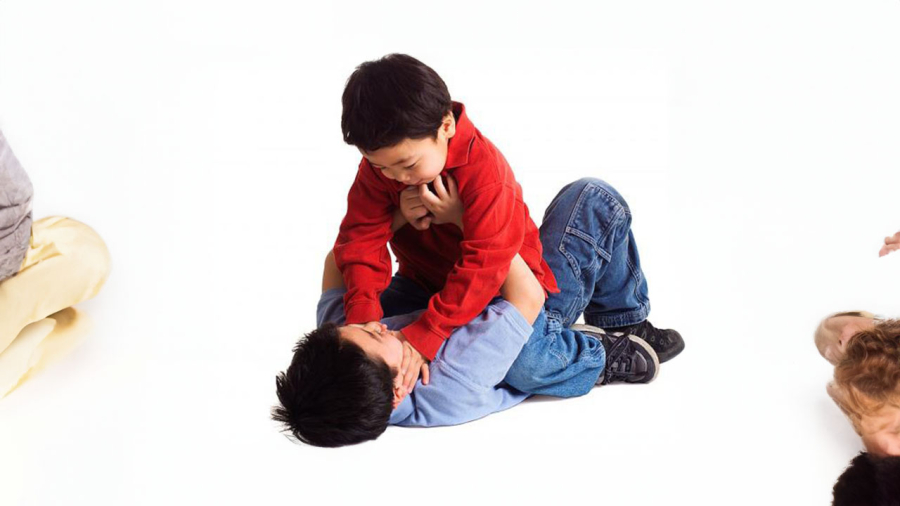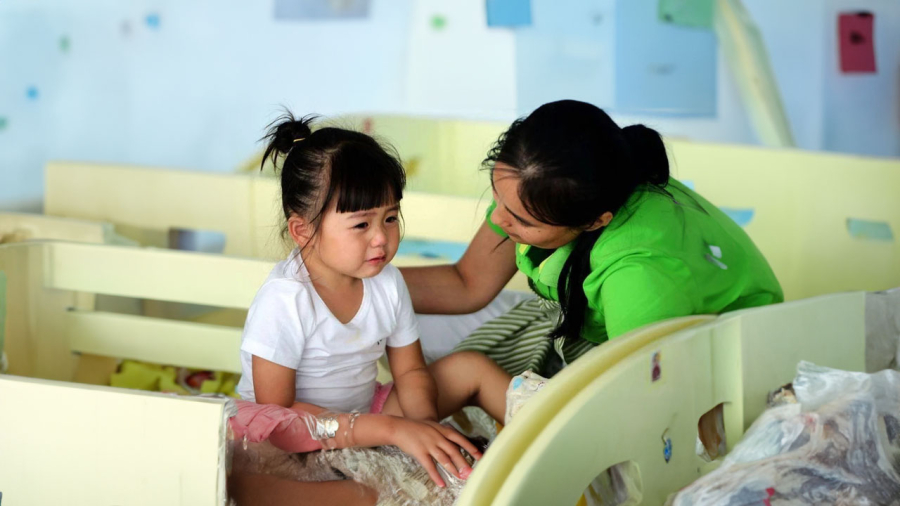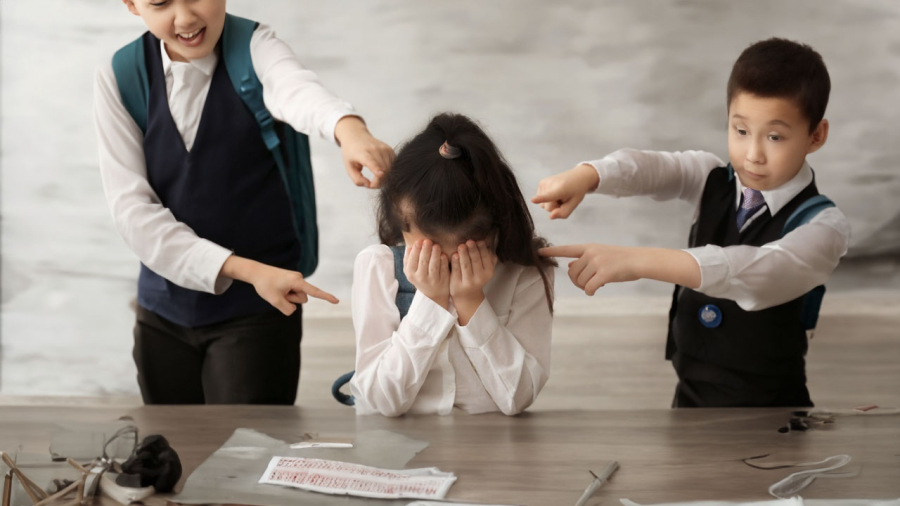Story 1
A mother of an 8-year-old boy was woken up by her son crying in pain from a stomachache. She immediately took him to the hospital, thinking he had a stomachache. The hospital’s diagnosis shocked her, as it turned out her son’s stomachache was caused by external force. The mother asked the boy, and he finally revealed the truth that there was another student in his class who always demanded him to do various chores like cleaning up and doing homework. If he didn’t comply or did it poorly, he would be beaten by that student. The boy didn’t dare to tell his parents because the other student warned him that if he did, he would be beaten every day. The mother was furious when she heard this and wanted to go to the other student’s house to clarify everything. Fortunately, with the coordination of the school, the bully apologized and promised not to hurt the boy anymore.

After that incident, the mother realized: “We always take pride in our son’s good behavior, but we didn’t expect that it would make him vulnerable and afraid to talk to us.”
Story 2
A person shared a story about being bullied while their child was at school by a taller classmate. They were constantly extorted by a group of friends. If they didn’t pay for snacks, they would be stopped and beaten on their way to school. More than a year later, the mother discovered it. She took strong action against the group of bullies, and only then was her child finally freed. They had heard the bullies say: “Those students are too obedient and honest. If their parents don’t know, they will continue to be extorted and beaten.”

Conclusion: Is being well-behaved good?
We often think that being well-behaved brings benefits for parents. But being too well-behaved is not always good. Friendliness and humility are good virtues, but if we blindly follow and don’t know how to stand up for ourselves, we can easily be bullied. Professor Li Kai Fu (Former Google Director in China) once said, “I don’t want my child to be too obedient, I want them to have the ability to think independently. My goal is not to raise the most well-behaved child.”
Therefore, parents need to teach their children to be obedient and humble but not become weaknesses that others can exploit to harm them. The Vietnamese have a saying, “kind as the earth,” which is a terrifying kindness. Being wise means being well-behaved, knowing right from wrong, and being strong and courageous. These are the real qualities that are valuable and help children avoid hurting others while also knowing how to protect themselves.

Teach your children the following to defend themselves
Teach children to say “no”
Many children often don’t know how to refuse or are afraid to refuse when someone does something they don’t like. For example, a child may not like being hugged and kissed, but adults keep doing it. Some children react by getting angry and running away, while others endure it. A mother in this situation taught her child to handle it cleverly: “If next time you don’t want to be hugged or kissed, suggest shaking hands instead.”
A person who doesn’t know how to refuse will harm themselves. Therefore, parents should encourage their children to say “no” more often to unreasonable actions, so that children can protect themselves instead of obeying things that make them uncomfortable.
Teach children to ask for help
Parents should teach their children not to cause trouble outside, but they should also teach their children how to ask for help from others, such as from parents, friends, and relatives. Requesting help from others does not indicate weakness but helps children learn how to protect themselves.
During a child’s growth process, there will always be difficulties and failures. Parents cannot protect their children forever, so instead of worrying and fearing for their children, parents should teach them how to overcome difficulties.
Teaching a child to be well-behaved is necessary, but let them know that this character trait should be accompanied by strength, the ability to differentiate between good and bad, and the courage to resist at the right time.
3 Types of Friends Parents Should Be Concerned About, Your Child Could Be Negatively Influenced
Your personality is shaped by the company you keep. If you spend time with positive and empowering individuals, you are more likely to develop a positive and empowering outlook on life. On the other hand, if you surround yourself with negative and toxic people, their energy can rub off on you and impact your own mindset. It is important to choose your friends wisely and ensure that they align with your values and goals. Remember, you become like the people you hang out with, so surround yourself with those who inspire and motivate you to be the best version of yourself.


































